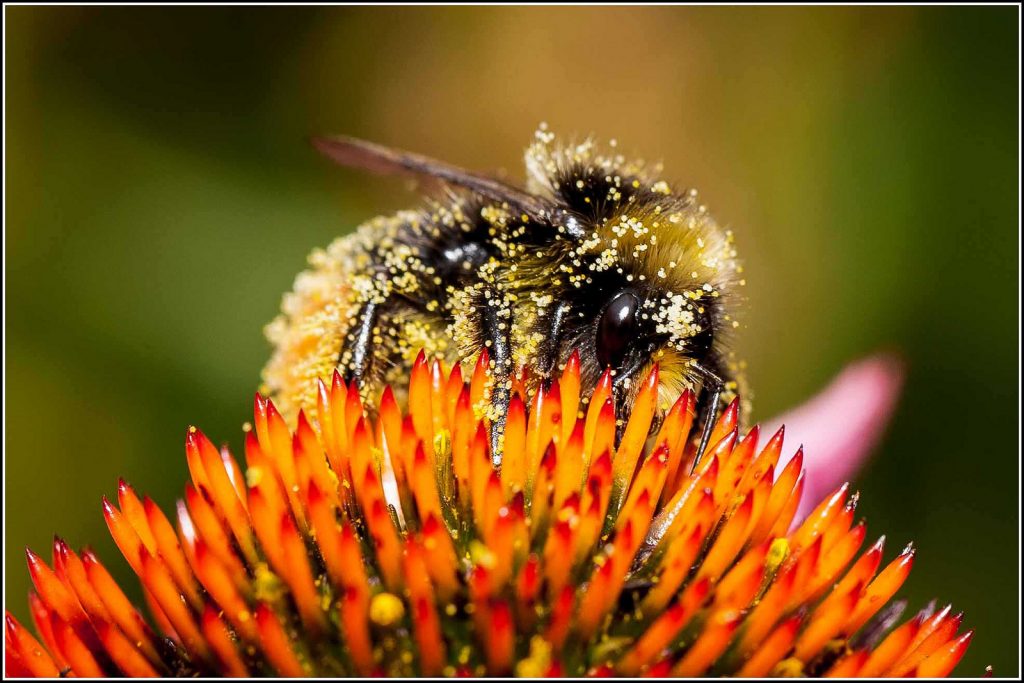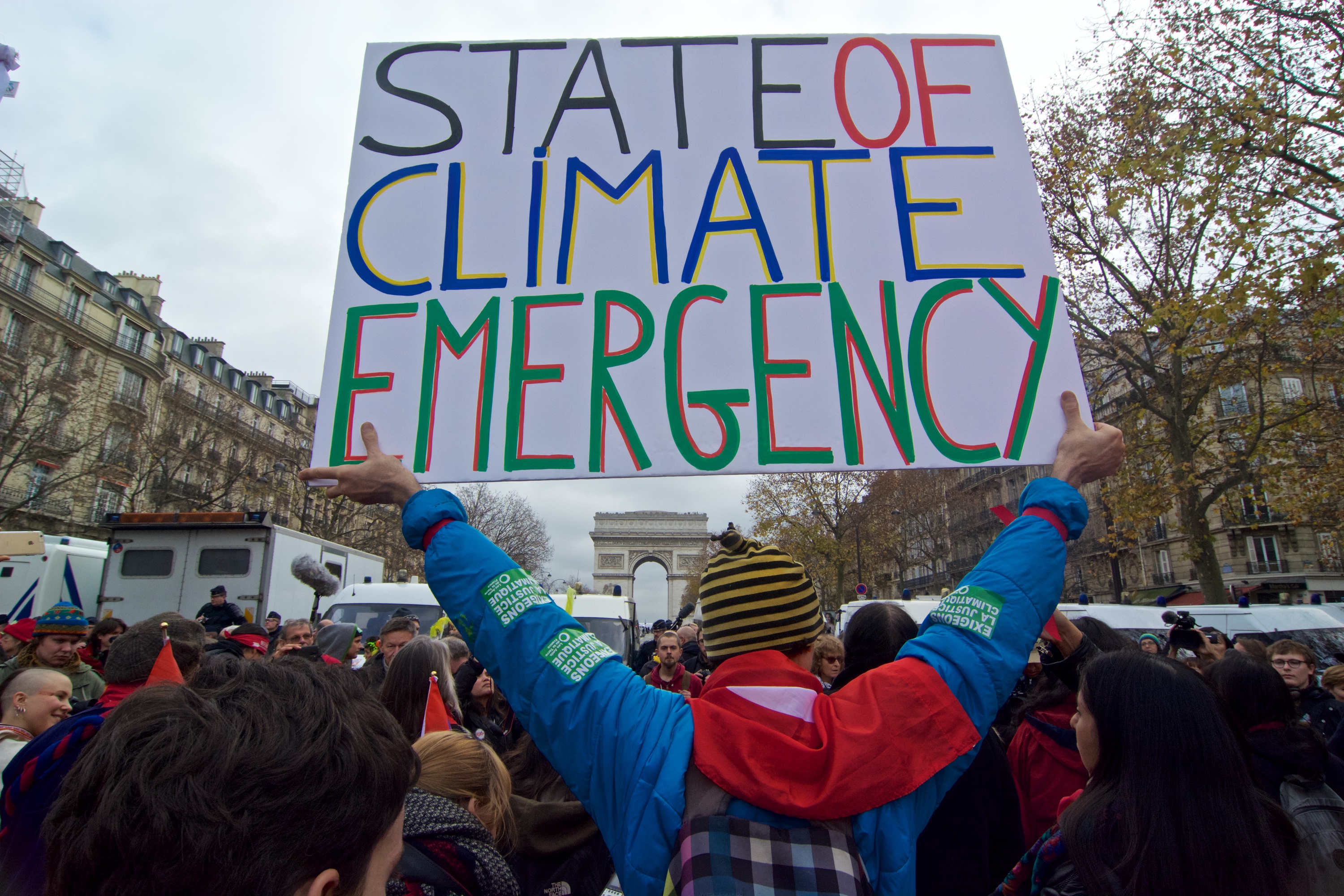Climate Change will impact on level of allergic diseases in the future

February 21st, 2018
Climate change’s effects on the environment are set to increase allergic diseases across the world, according to a new medical study.
The review in the Internal Medicine Journal evaluated different health impacts of global climate change and identified allergy-inducing patterns that are enhanced by climate change.
Allergic reactions are false alarms by the immune system where the body identifies normal substances like peanut proteins or pollen as harmful, resulting in an immune reaction.
These reactions usually carry symptoms like a running nose or itching, but they can also cause an anaphylactic reaction, possibly leading to death.
According to the European Academy of Allergy and Clinical Immunology, around 150 million Europeans suffer from some type of allergy.
Asthma, which impacts nearly 10 per cent of Irish citizens, is going to become more frequent due to extreme weather events like thunderstorms, the study shows.

Bumble Bee covered with Pollen Photo: Smudge 9000
Climate change is going to increase that number further, according to the study in the Internal Medicine Journal. The increased greenhouse gas emissions over the past century caused changes in our climate system, most notably the warming of the atmosphere and oceans.
An increase in natural weather-related disasters, changes in rainfall patterns, more frequent heatwaves and warmer temperatures. All of these effects affect the environment and also human health in various ways, the study finds.
Rising temperatures and emissions, for example, results in an increase in pollen yields in many plants, meaning higher pollen concentrations and longer pollen seasons, which could increase the frequency and severity of pollen allergies.
Increased flooding, another recently discussed consequence of climate change, could also cause health risks, as long-term dampness that follows floods promotes fungal growth, the review states.
Fungi are associated with a number of health risks, as they release chemicals that can cause infections or allergies.
The number of food allergies is also set to increase, according to the study. Food allergies, caused by substances like peanuts, milk or soy, are already a significant public health concern.
Pollutants like nitrous oxide are seen as an enhancing factor to food allergies and a study from 2016 revealed, that rising CO2 levels increase the allergen production in peanut plants.
[x_author title=”About the Author”]






